
views
CHENNAI: If there is one aspect of the PCSOA that has attracted adverse criticism, it is the provision related to age. The Act defines any person below the age of eighteen years as a child and this – say activists and advocates – has opened up a ‘new avenue’ to harass girls or boys, especially in India where adolescent marriages are still prevalent. In essence, even if consensual, sex below 18 years of age is an offence according to the PCSOA.Notably, this law neither talks of ‘consensual sex’ nor the age which may be considered ‘acceptable,’ for such activity. It simply says that any person below 18 is a child and lists out acts that are punishable.Vidya Reddy of Tulir Centre for the Prevention and Healing of Child Sexual Abuse says that the information age had transformed how children - especially adolescents - think and relate. One cannot completely divorce the physical development of a child from psycho-sexual development, she says, adding that exposure through technology influences the desire to discover sexual identities. “PCSOA has a lot of scope for harassment,” she claims.According to her, the original draft of the Bill did not have any punishment for consensual sex among persons aged between 16 and 18. “This criminalisation of sex (between age 16-18) happened after the Bill went to the Parliamentary Standing Committee,” she says. PCSOA could also contradict personal laws. “As per Islamic law, a girl is eligible for marriage after puberty. Would not the new law contradict this, she asks.Noted social activist and lawyer Sudha Ramalingam says children attain puberty much earlier today and are also exposed to the ‘realities of life’ earlier. “The age of consent should have been allowed to continue at 16 [as in the Indian Penal Code].” Advocate Geeta Ramaseshan says that under the IPC, the cut-off age below which consent is immaterial for a charge of rape - or what is generally termed as ‘statutory rape’ - is sixteen years and applicable only to woman. “Now, this provision would go. By raising the age, new complications may arise. Already an IPC provision [kidnapping from lawful guardianship] is often misused by families when young people elope.” Factors such as caste and religion in India’s troubled social matrix are also stressed by activists.There are others who disagree. “There is not a single provision in law which cannot be misused. We must appreciate that this has been done in good faith to protect kids,” said V Neethidurai, a lawyer.In India, there is no ‘standard age’ to define a child. It varies depending on the issue dealt by the specific law. Under the Indian Penal Code, the age of consent for sex is 16. According to the Indian Majority Act, 1875, a person shall attain ‘majority’ only if he or she is 18. The Prohibition of Child Marriage Act, 2006 defines ‘child’ as a person who has not completed 21 years if male and 18 years if female. As per the Child Labour (Prohibition and Regulation) Act 1986, ‘child’ means a person who has not completed his or her fourteenth year. The qualifying age to vote is 18 after amendments to the Constitution and the Representation of the People’s Act. Although the PCSOA has largely been welcomed, the age provision is viewed as the only ‘thorn’ by activists.










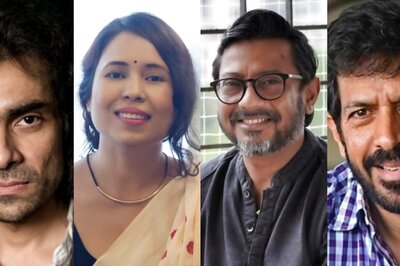
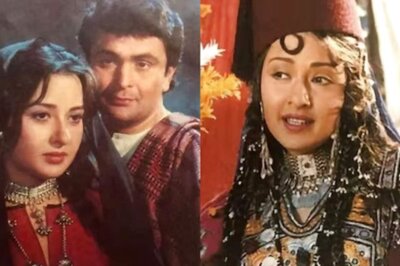
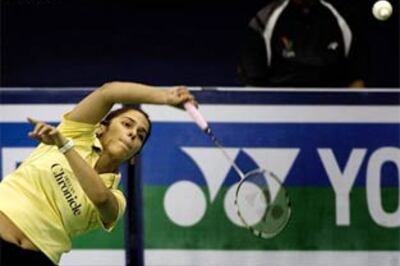


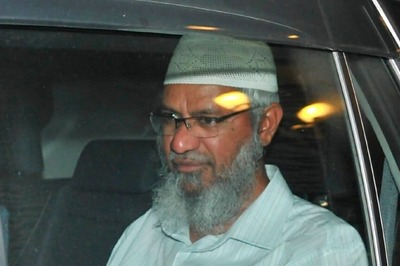
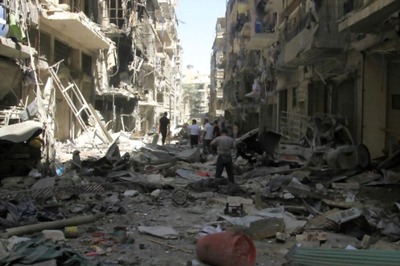

Comments
0 comment